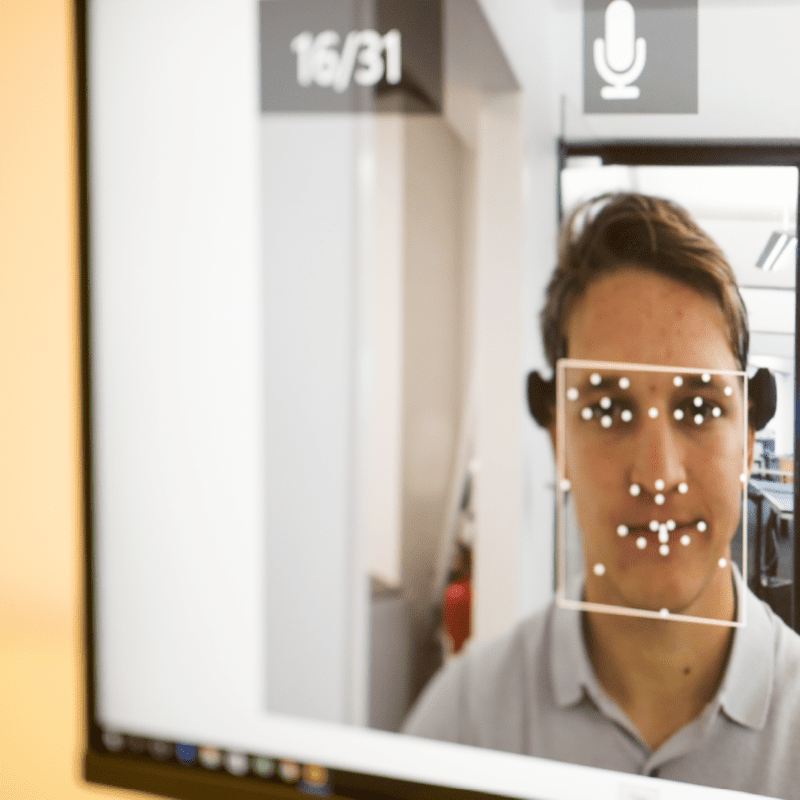iMotions helps Oxford University address entirely new areas of research into emotions. By utilizing an objective and automated system for measurements of facial expressions, Dr. Danielle Shore is able to rapidly explore emotional reactions in game theory contexts.
Oxford is one of the oldest and highest ranked universities in the world, renowned for being a source of world-class education and groundbreaking research. It houses the Emotion and Social Relations Lab within the Department of Experimental Psychology, in which Dr. Danielle Shore works to understand how social information impacts social interactions.
In her lab, the team examines how facial expressions within social interactions influence decision-making processes. The typical experimental paradigm that is used comes from the field of Game Theory, in which participants are required to negotiate and make decisions together.
Collecting ecologically valid facial expression data
Dr. Danielle Shore uses Affectiva’s automated facial expression analysis within iMotions in combination with Game Theory experiments to examine how facial expressions can influence decision making outcomes in interactive settings. The non-invasive nature of facial expression analysis through a webcam allows for the collection of natural, ecologically valid data which is important for gathering an accurate understanding of emotional expressions. As Danielle states, “one of the really wonderful things we can do with iMotions is we can actually look at these expressions as they occur in time, live, and actually record that data and decode what’s going on in the face in an ongoing interactive environment”. Furthermore, the computational and automatic analysis of facial expressions reduces the workload required, and increases the speed at which results can be collected, allowing for a quicker understanding of participant reactions.
One of the really wonderful things we can do with iMotions is we can actually look at these expressions as they occur in time, live, and actually record that data and decode what’s going on in the face in an ongoing interactive environment.
Dr. Danielle Shore, Department of Experimental Psychology, Oxford University
Automatic and objective facial expression analysis allows hypotheses to be quickly tested, and reduces the amount of lab work required for experiments. The modular nature of the iMotions software also provides the opportunity to expand in the future if desired, without the need to learn new systems, while also allowing continuous data compatibility. As Danielle recalls, “when I was looking at the different options that were available it seemed to be the platform that was going to be best be adapted to suit the needs of the lab, especially as we foresee them changing over time.”
Affectiva’s facial expression analysis algorithm allows new questions within the field to be explored, by providing objective data with which to compare the subjective experience of participants – allowing comparisons to be made of subjective perception and objective reality.






